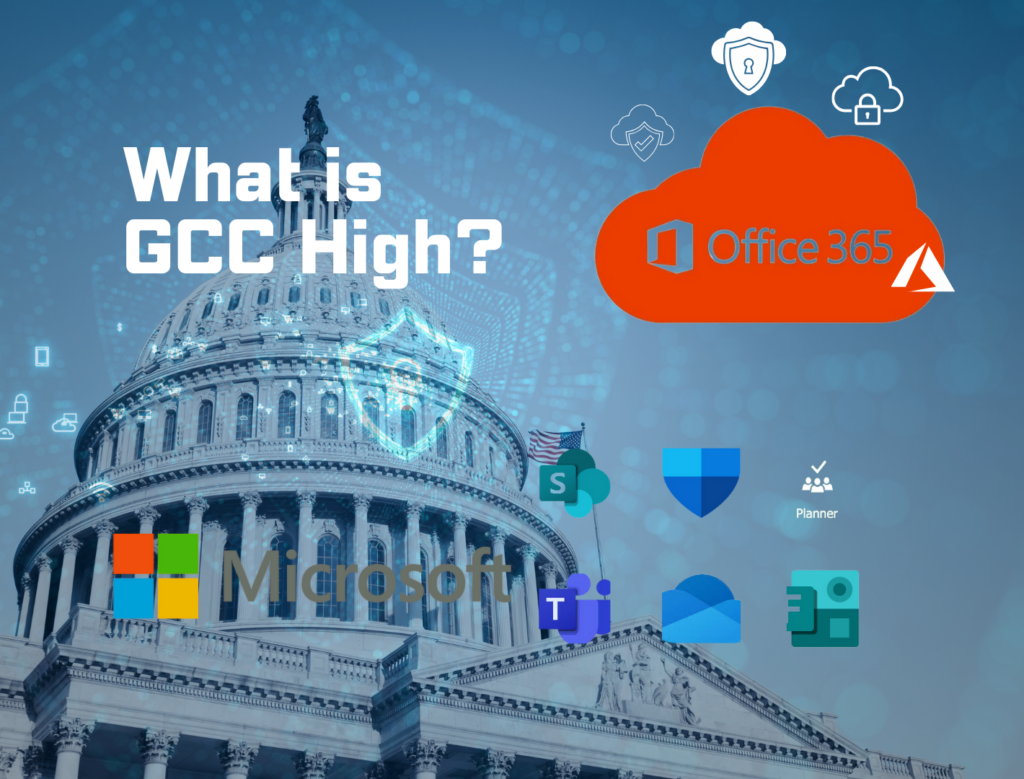The Growing Threat of Data Breaches: Causes and Consequences
Causes of Data Breaches
Data breaches are a growing concern for businesses and individuals alike, with cybercriminals constantly finding new ways to steal sensitive information. Data breaches can have serious consequences, such as financial losses, reputational damage, legal liability, and regulatory fines. Some of the primary motivations behind data breaches include financial gain, corporate espionage, and state-sponsored attacks.
Financial Gain
Hackers will often target companies to gain access to personal information such as credit card numbers, login credentials, social security numbers, or health records, which they can then sell on the dark web or use to commit identity theft. Additionally, some hackers will use ransomware to extort money from companies by holding their data hostage until a ransom is paid. For example, in 2021, Colonial Pipeline, a major US fuel supplier, was hit by a ransomware attack that disrupted its operations and forced it to pay $4.4 million to the hackers.
Corporate Espionage
Hackers may target companies to steal trade secrets, intellectual property, or other sensitive information that gives them a competitive edge in the market. This information can then be sold to competitors or used to develop similar or better products or services. For example, in 2018, Uber settled a lawsuit with Waymo, a self-driving car company, over allegations that a former Waymo employee stole confidential information and joined Uber.
State-Sponsored Attacks
Governments may target businesses to gain access to sensitive information or disrupt critical infrastructure that affects national security, economic interests, or political agendas. These attacks may be carried out by state actors or by proxy groups that are supported or sponsored by states. For example, in 2020, SolarWinds, a software company, was breached by a sophisticated hacking group that was allegedly linked to Russia. The hackers compromised the software updates of SolarWinds and used them to infiltrate the networks of several US government agencies and private companies.
Curiosity and Challenge
Some hackers are driven by curiosity and challenge, rather than malicious intent. They want to explore the limits of their skills and knowledge, and test the security of various systems and networks. They may not have a specific target or goal in mind, but rather hack for fun or for learning. They may also seek recognition or respect from their peers or the hacking community. However, even if they do not intend to cause harm, their actions may still have negative consequences for the victims of their data breaches.
Ideological or Religious Beliefs
Some hackers are motivated by their ideological or religious beliefs, and use hacking as a way to express or promote them. They may target organizations or individuals that they disagree with or oppose, and try to expose, discredit, or sabotage them. They may also try to spread their message or propaganda through hacking. For example, in 2015, a group of hackers called the Impact Team breached the website of Ashley Madison, a dating service for married people, and leaked the personal data of its users. The hackers claimed that they did this to expose the infidelity and hypocrisy of the users, and to punish the company for promoting immoral behavior.
Recent Data Breaches
Recent data breaches have had significant impacts on businesses and individuals. In 2021, the Colonial Pipeline ransomware attack caused widespread panic and fuel shortages when hackers shut down a major pipeline that supplies gasoline to the eastern US. In 2020, the SolarWinds hack compromised nine US government agencies and around 100 companies, with suspicions that Russian state-sponsored hackers were behind the attack.
Consequences of Data Breaches
Data breaches occur when unauthorized parties access, steal, or expose sensitive or confidential information belonging to individuals or organizations. Data breaches can have serious consequences for both the victims and the perpetrators, such as:
- Financial Loss: Data breaches can result in direct and indirect costs for the affected parties, such as reimbursing the customers, paying the ransom, investing in new security measures, paying legal fees, and paying regulatory fines. According to a recent study by IBM, the average cost of a data breach is now $4.45 million, a figure that continues to rise each year
- Reputation Damage: Data breaches can damage the reputation and trust of the affected parties, such as losing customers, partners, investors, or employees. For example, Uber agreed to a settlement with Waymo over accusations that a former Waymo employee stole confidential information and joined Uber.
- Legal and Compliance Issues: Data breaches can subject the affected parties to legal and compliance risks, such as breaching the GDPR (General Data Protection Regulation), facing lawsuits, or being investigated by authorities. For instance, organizations that violate the GDPR can be fined up to 4% of annual global turnover or 20 Million Euros.
- Security and Privacy Risks: Data breaches can endanger the security and privacy of the affected parties. This includes exposing personal information, identity theft, fraud, blackmail, or cyberattacks. For example, by hacking the Ashley Madison website, the Impact Team violated user privacy by exposing highly sensitive information, causing embarrassment and harming relationships. It also risked stigmatization, discrimination, and potential extortion, as hackers could threaten to reveal user data to family, friends, or employers, intensifying privacy and security concerns.
- National Security and Economic Threats: Data breaches can threaten national security and economic interests, such as disrupting critical infrastructure, stealing trade secrets, or influencing political agendas. For example, SolarWinds, a software company, was hacked by a sophisticated hacking group that was allegedly linked to Russia and accessed the networks of several US government agencies and private companies.
Taking Action to Prevent Data Breaches
To prevent data breaches, it is important for businesses to implement strong security measures such as two-factor authentication, encryption, and employee training. Regular security audits and monitoring for potential risks can also help. Outsourcing security to a third-party provider such as Cleared Systems can provide added protection and ensure that businesses stay ahead of potential threats.
Cleared Systems offers comprehensive security services to help businesses protect themselves from cyber threats. Our team of experts can help identify vulnerabilities and implement strong security measures to keep data safe. Contact us today to learn more about how we can help safeguard your business from data breaches.
Share in Social Media
See More Case Studies

Securing Defense Contracts: A DFARS 252.204-7012 Compliance Case Study
Discover how Cleared Systems helped a Federal Contractor successfully achieve DFARS 252.204-7012 compliance by strengthening its cybersecurity posture, giving it a competitive edge when bidding for DoD Contracts.

What is GCC High? For ITAR & CMMC 2.0
Microsoft 365 Government Community Cloud (GCC) High is a specialized cloud solution tailored for U.S. federal, state, local, tribal, and territorial government organizations, as well as for contractors who hold or process data subject to specific security regulations. In this article, we will explore the features, benefits, and differences between Microsoft 365 GCC High and other Office 365 offerings.

Is AutoCAD ITAR Compliant? A Comprehensive Guide for Defense Manufacturers
Defense contractors and manufacturers working with sensitive military technologies face a critical question when selecting computer-aided design software: Is AutoCAD ITAR compliant? This question becomes

How to Get Help in Windows: Guide to Security and Compliance Support
In today’s digital landscape, ensuring your computer systems are secure and compliant with industry regulations is essential for both businesses and individuals. Windows, as one

Microsoft Copilot for GCC High: Enhancing Security and Compliance
In today’s fast-evolving digital landscape, organizations that handle sensitive data, particularly those in government sectors or defense contractors, face growing pressure to maintain strict security
Partner with Us for Compliance & Protection
We’re happy to answer any questions you may have and help you determine which of our services best fit your needs.
Your benefits:
- Client-oriented
- Security
- Compliance
- Peace of mind
- Efficiency
- Trust
What happens next?
Schedule an initial meeting
Arrange a discovery and assessment call
Tailor a proposal and solution
